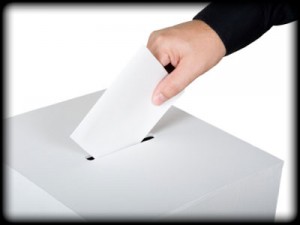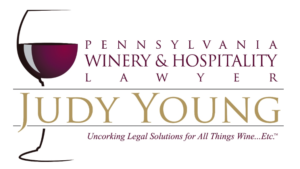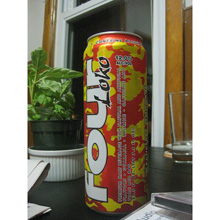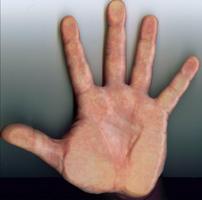Running a successful restaurant or hospitality business can be extremely grueling. It takes more than just your passion to succeed. You have to be well prepared to avoid making painful mistakes along the way. Because at the end of the day, diners vote with their forks. And…you want them to vote for you.
It takes more than just your passion to succeed. You have to be well prepared to avoid making painful mistakes along the way. Because at the end of the day, diners vote with their forks. And…you want them to vote for you.
To do so, your food business enterprise will need to emerge as a success. If you currently own or plan to own your own restaurant, small chef eatery, catering business or food selling dynasty here are a few good tips that will help you avoid some unnecessary pitfalls as you grow your successful food enterprise.
Make sure you have a sound business plan. A good solid business plan will help you to focus on your location, your anticipated customer base, and what measurable goals you’ll need to make to turn a profit. While you may be an awesome chef or caterer, your ability to stay in business is also a function of your ability to control your costs. A business plan will help you to identify and track your goals and how well you are doing.
If you feel you lack an appropriate business skill set because your real love is your focus on your food, then be sure to retain the right lawyer to look over your business contracts and to conduct your contract negotiations.
You may want to create a Partnership with another individual or entity not just for and injection of money, but for sound business advice. Alternatively you may want to enlist the services of a business or restaurant consultant who specializes in the restaurant industry. This can be a good resource to develop your ideas or help you to implement a successful business strategy.
Develop good employee relations standards. Pursue a good understanding of your federal, state and local labor laws. You want to avoid unfavorable legal action taken against you by knowing how these laws affect the way you need to conduct your business on a daily basis.
Visit your local planning department in your municipality to educate yourself on applicable zoning, parking, signage, noise, sewage and other requirements that you’ll need to know to cut through the red tape necessary to operate your business.
If you plan to serve liquor in your restaurant you’ll need to protect your business investment by ensuring that you’re properly protected from suits filed by 3rd parties for damages or injuries caused by patrons imbibing in your establishment. Invest in liquor liability training procedures for you and your restaurant staff.
If you incorporate these tips into the daily operation of your business, you will be well on your way to running a successful hospitality enterprise.
Keep you eyes on the prize and remember the big picture. Success won’t just be measured in metrics alone but will be expressed with the people connections you make with your food. Now go out there and get your votes. After-all, you’re most likely to succeed.

 to have longer “happy hours”. The bill is aimed at giving restaurants and bars greater flexibility and would also allow them to sell more wine to patrons for off premise consumption at offsite catering events.
to have longer “happy hours”. The bill is aimed at giving restaurants and bars greater flexibility and would also allow them to sell more wine to patrons for off premise consumption at offsite catering events.  One of the real joys of the holiday season is the opportunity to extend a heartfelt thanks to all Pennsylvania and New Jersey wineries, wine and hospitality businesses for your continued business throughout the year. On behalf of the firm we’d like to wish each of you best wishes for peace and joy this holiday season. Here’s hoping you have a new year that’s filled with health, happiness and prosperity.
One of the real joys of the holiday season is the opportunity to extend a heartfelt thanks to all Pennsylvania and New Jersey wineries, wine and hospitality businesses for your continued business throughout the year. On behalf of the firm we’d like to wish each of you best wishes for peace and joy this holiday season. Here’s hoping you have a new year that’s filled with health, happiness and prosperity. young people who are drinking the fruity flavored caffeinated alcohol energy drink.
young people who are drinking the fruity flavored caffeinated alcohol energy drink. hospitality business this year by being far too trusting? Did you rely on mutual trust by conducting your business strictly on the basis of a handshake? Perhaps you found yourself in the middle of an ugly verbal confrontations of “he said, she said “ telling the other party to ‘talk to the hand”?
hospitality business this year by being far too trusting? Did you rely on mutual trust by conducting your business strictly on the basis of a handshake? Perhaps you found yourself in the middle of an ugly verbal confrontations of “he said, she said “ telling the other party to ‘talk to the hand”?  It takes more than just your passion to succeed. You have to be well prepared to avoid making painful mistakes along the way. Because at the end of the day, diners vote with their forks. And…you want them to vote for you.
It takes more than just your passion to succeed. You have to be well prepared to avoid making painful mistakes along the way. Because at the end of the day, diners vote with their forks. And…you want them to vote for you.